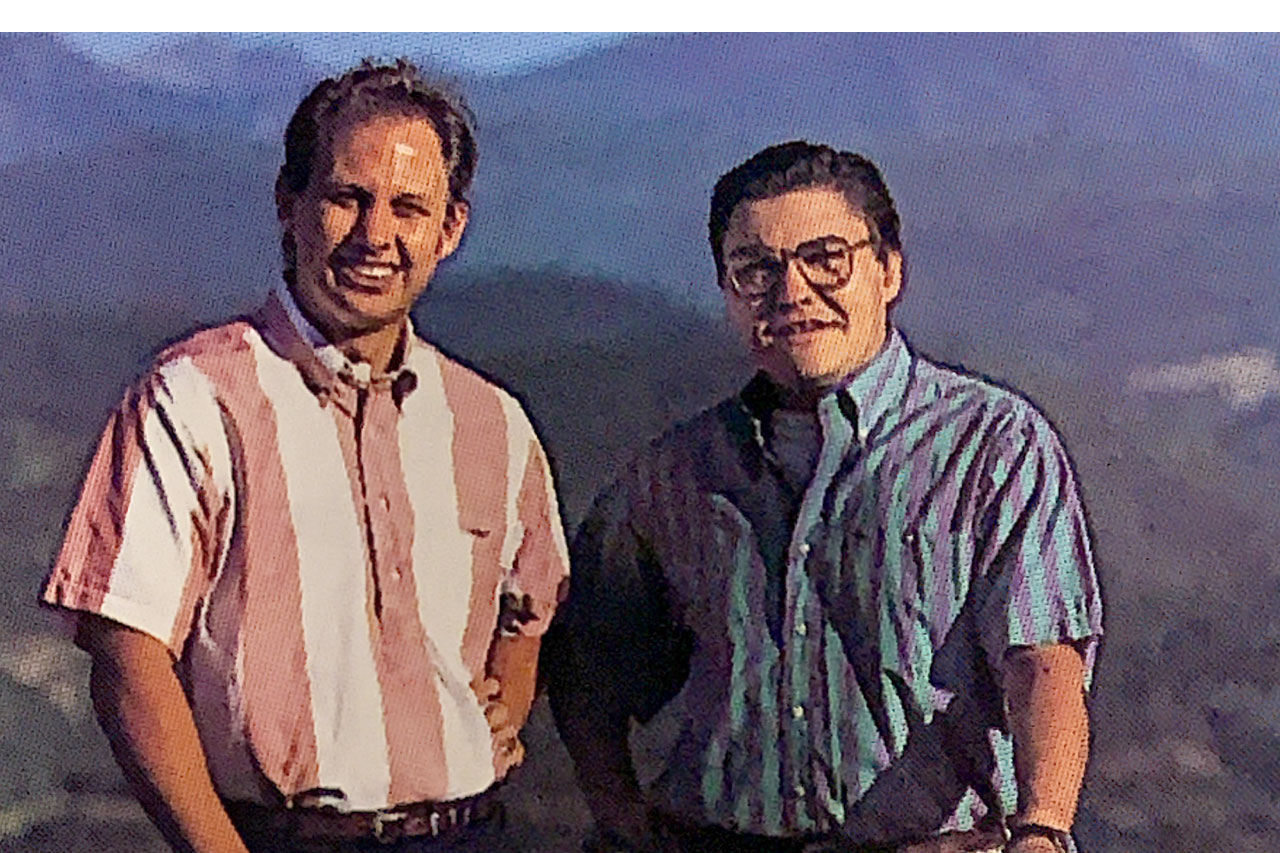
THE BEGINNING
Dave Southwell and Jon Wege were lifelong friends who grew up in Grand Rapids, Michigan. After they finished school, they decided to go into business together. Dave would handle all the racing, sponsorship, marketing, model specifications and international distribution. Jon would be responsible for running the business from the President’s chair, handling finance and other administrative duties. The Barracuda Bicycle Company was registered in 1992 and was located at 463 Turner Dr. Suite 105, Durango, Colorado, 81301-3738. Friend John Parker of Yeti Cycles advised that it would be advantageous for many reasons to set up shop in the heart of MTB territory.DESIGN & FABRICATION
One of the first things Dave and Jon did was hire Tom Teesdale of TET Cycles to create the 4 original prototypes. All they had to go on were a pair of Slingshot mountain bikes and a great idea. Among other things, Tom would dial in the geometry, tubing choice and sizes.At this point, with prototypes in hand, Dave & Jon went back to Yeti. This time, to fabricate the first of the production bikes – the A2T, the A2X and the Easton (which was essentially the bike that the pro riders would be using). Industry pioneers Chris Herting and Frank “the welder” Wadelton, who were both working for Yeti at the time, were given the green light to make additional changes and begin producing the first bikes.
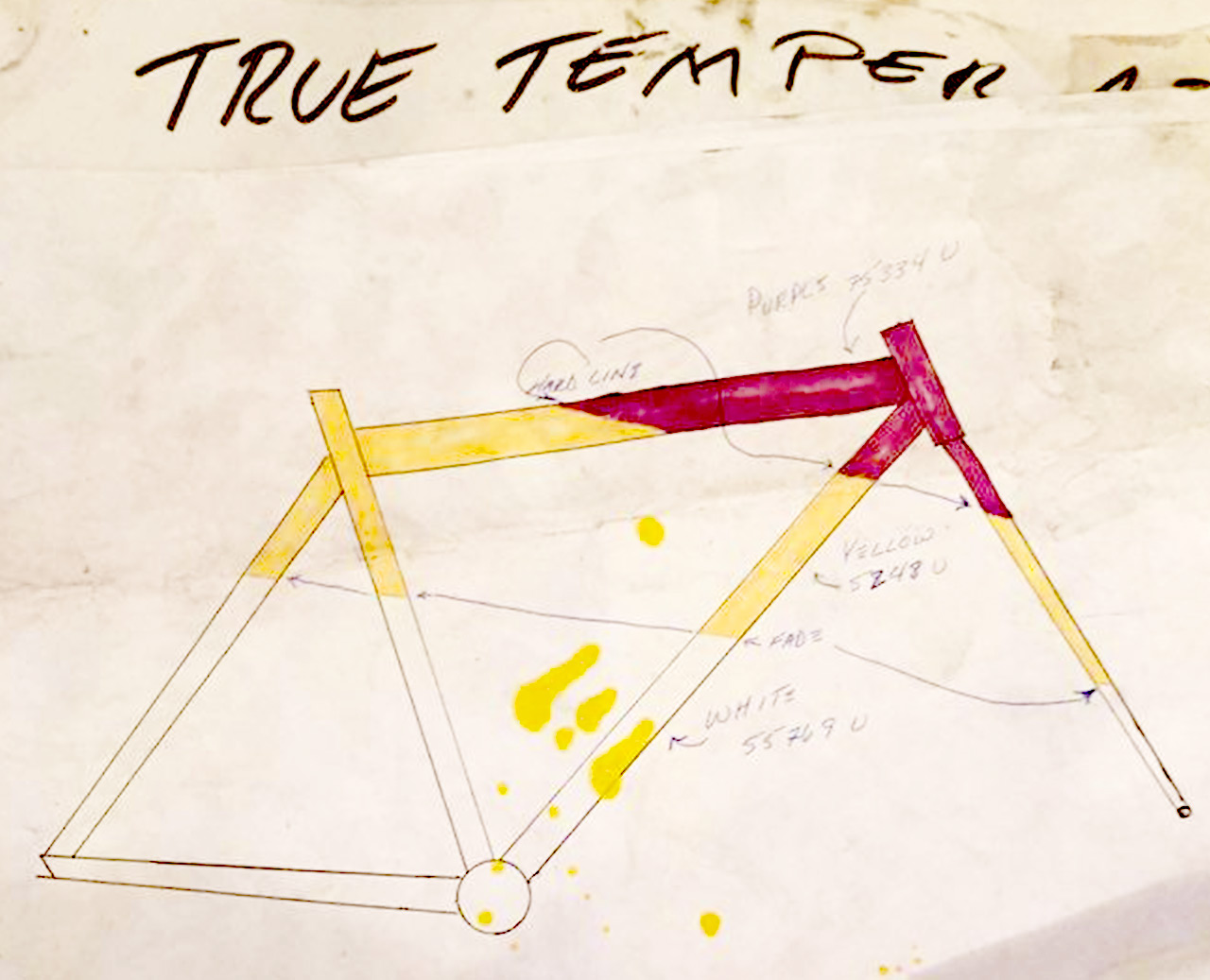
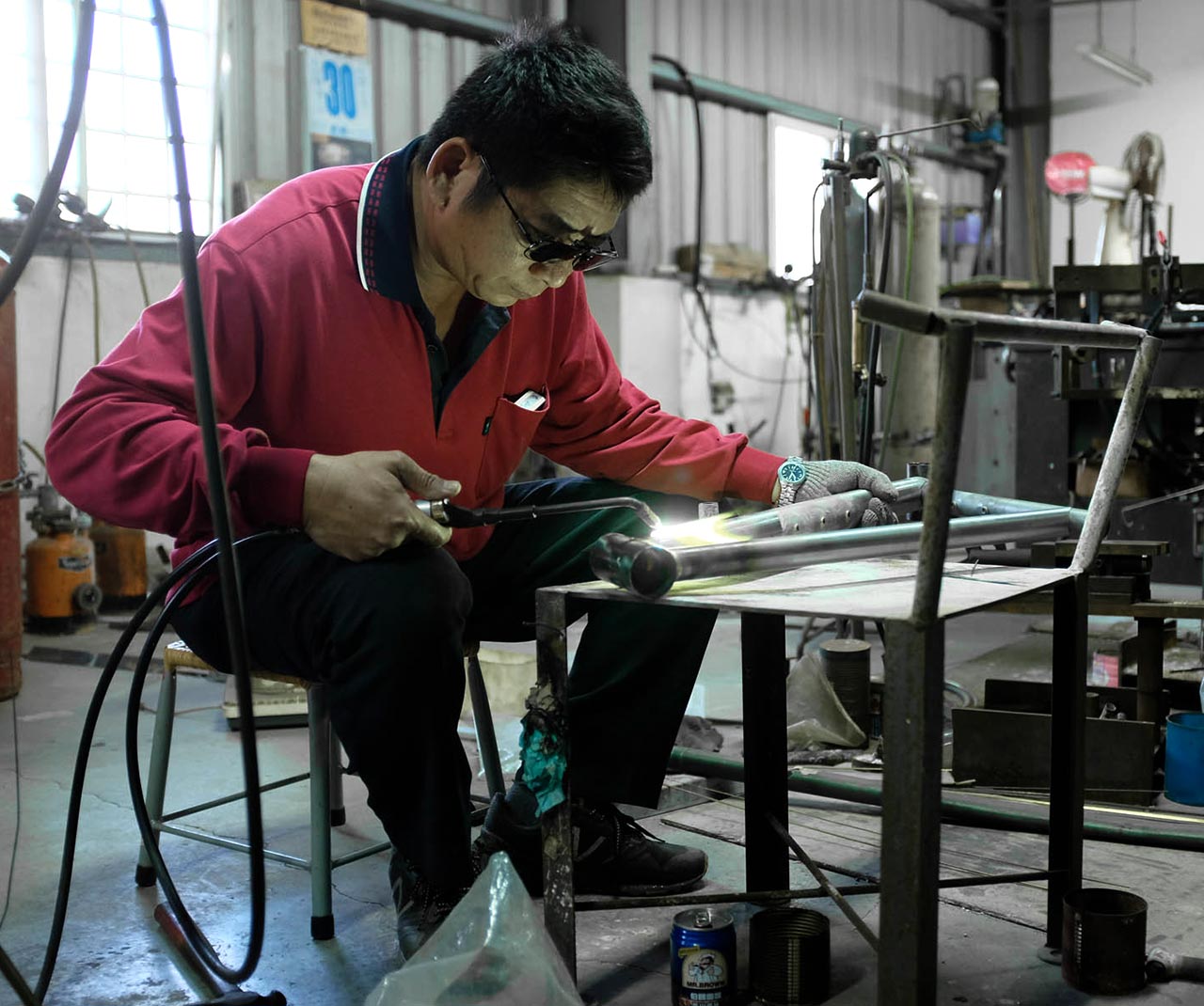
ESTABLISHMENT
The plan was to sell enough of these premium bikes so that production for the rest of the line could be started at a more cost-effective fabricator, due to the lower price point (and profit margin) of these bikes. Framesmith was initially chosen, but due to a number of reasons, this union was not to be. The A-Pro Tech Company of Taiwan was eventually selected to build the bulk of the bikes offered in each year’s product line. Yeti would continue to produce only the A2T, A2X and Easton bikes through the end of 1993.
In 1994, with a solid year’s worth of bikes produced, A-Pro would now begin fabricating the higher-end A2T and A2X. Yeti at this point would be responsible for fabricating just the frames for the race team, and thus a small number of Easton frames offered to the public.
THE FRACTURE
By 1995 Barracuda was at the peak of their game. A unique and expanded product line and marketing effort saw the business well established, but sales were not at a level which investors had hoped, so offers (to purchase Barracuda) were entertained.Dave was working to put together an offer with investors of his own, but before this offer could be submitted and considered, Ross Bicycles (of Farmingdale, NY) submitted a quick offer which was accepted.
Many Durango residents and industry insiders remember the “fire sale” that took place upon Barracuda closing its doors. Inventory was quickly discounted and frames that once fetched close to $1,000.00 were going for as low as $75.00. The frames that couldn’t be sold, were sawn through their top tubes and sent to the Metal Man Recycling Company for scrap.
There’s a rumor that a Cannondale ad at the time included a pile of frames behind their product placement, and these were said to be old scrapped Barracudas.
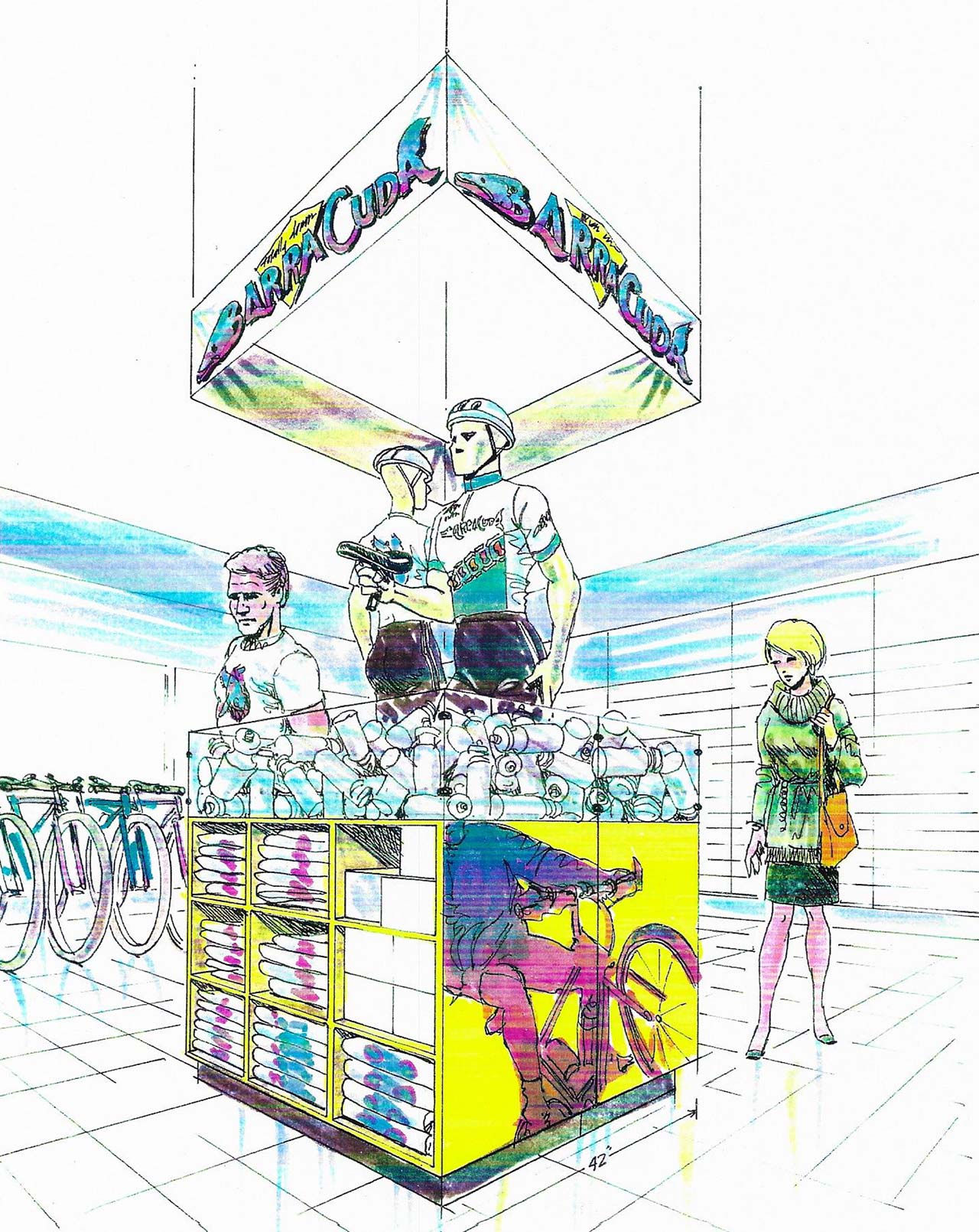
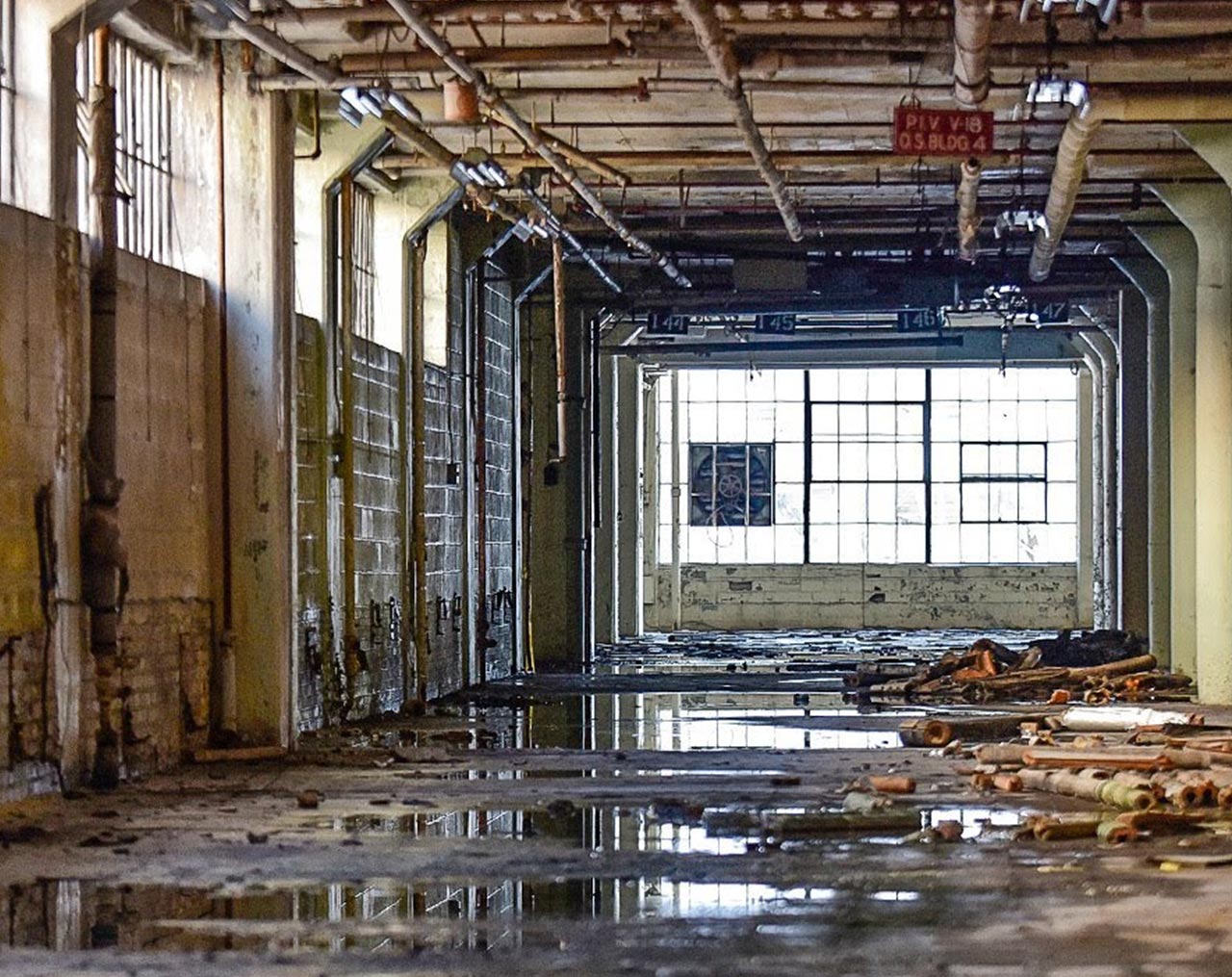
THE DEMISE
With the sale occurring too late for a production run of 1996 bikes, Ross would go on to produce a line with only subtle cosmetic changes in 1997, and in subsequent years, increased changes were introduced, not only to the models themselves, but to the entire product line. Many contemporary full-suspension designs were also brought to market under the Ross banner. By 1999, Barracuda models all but disappeared from the marketplace.
Today, there are bikes being produced by a company called Barracuda, but this is a European company that should not be confused with the Barracuda Bicycle Company of Durango, Colorado. It is not clear whether this company licenses the name or if it has registered its own usage of the name in its own country.